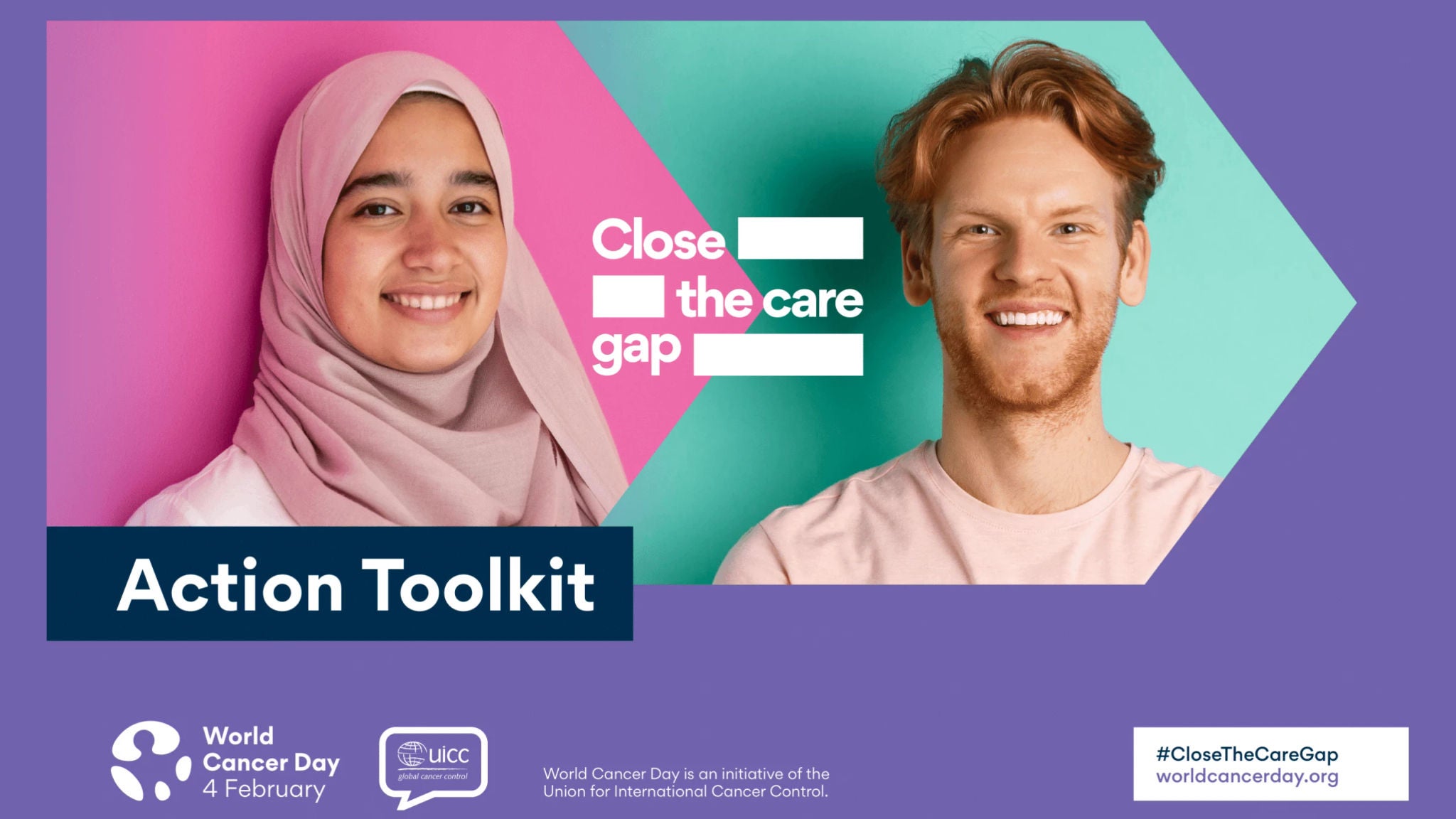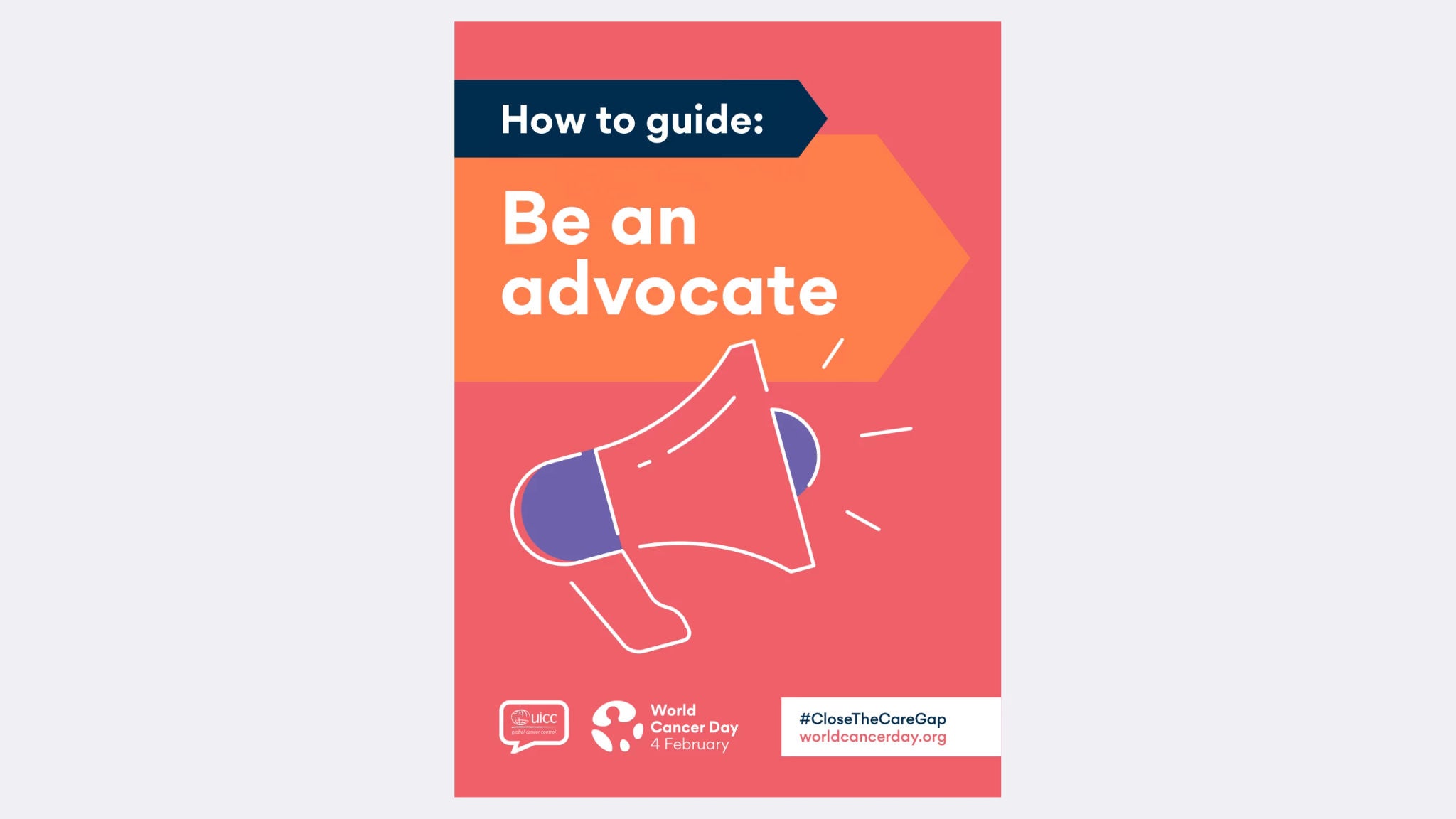How can you take action? Check for signs and symptoms!
Weight loss is one of the most common side effects of cancer. Between 30% and 80% of patients may lose weight at some point during their disease2. There are lots of reasons why you could lose weight when going through cancer. Before and especially during treatment, you may not feel like eating or drinking because of a lack of appetite, mouth ulcers, nausea, vomiting, or taste changes. Taste and smell changes are extremely common, affecting up to 70% of people with cancer during treatment3. These taste and smell changes matter because they interfere with enjoyment of eating and drinking and cause you to eat and drink less than normal – meaning that your body doesn’t get all the nutrition it needs4,5. Taste changes lead to a 20–25% reduction in calories ingested each day, resulting in weight loss4,5. Without adequate nutrition, your body will be less able to cope with both the cancer and its treatment, reducing the chance of a successful treatment6.
If you are worried about unexplained weight loss or a poor appetite, either for yourself or for someone you care for, here are some things you can do:







